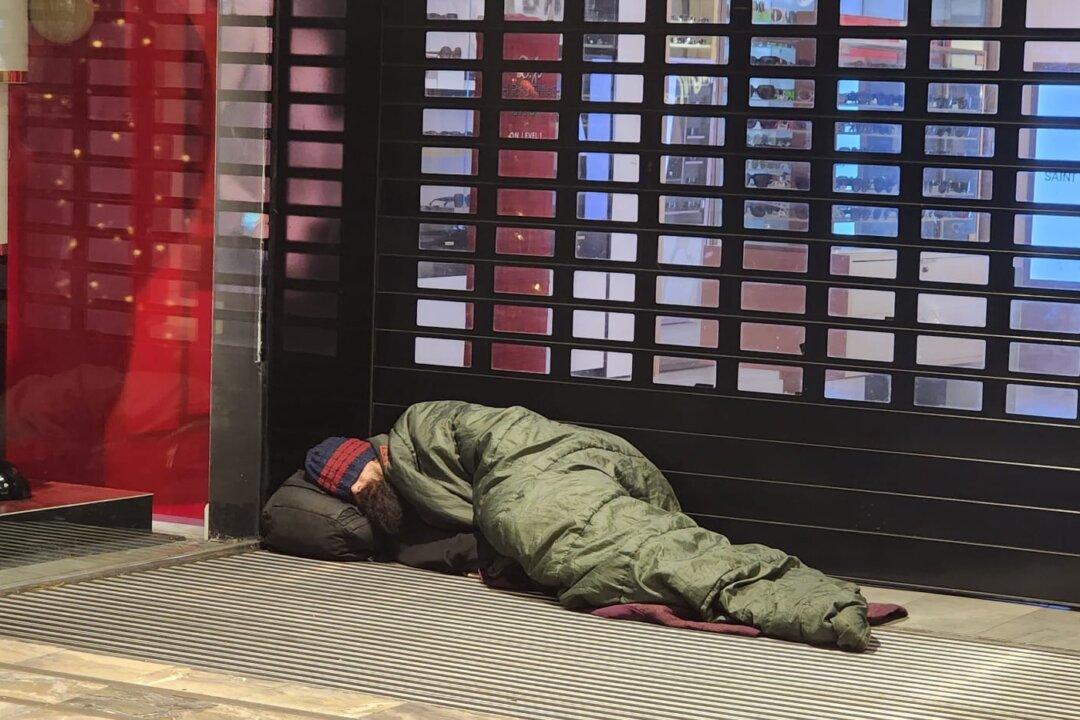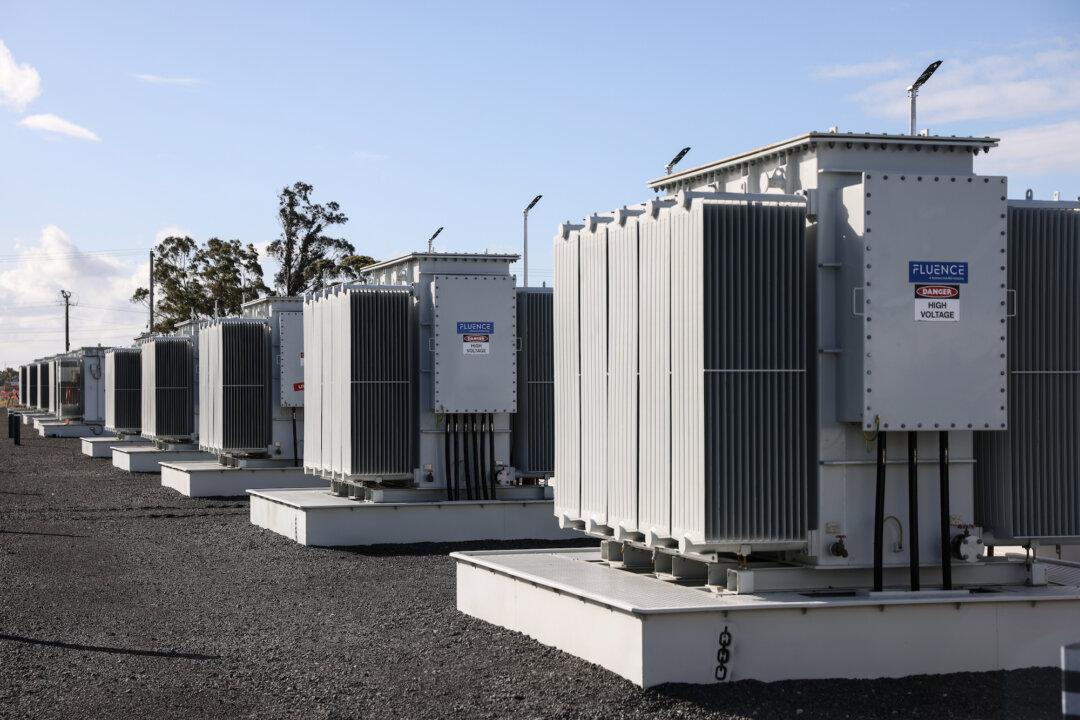A report from Homelessness Australia and Impact Economics found that homelessness services are under overwhelming pressure.
The report uncovered that frontline services are forced to turn people away and leave phone calls unanswered, and are calling for the government to increase support.




